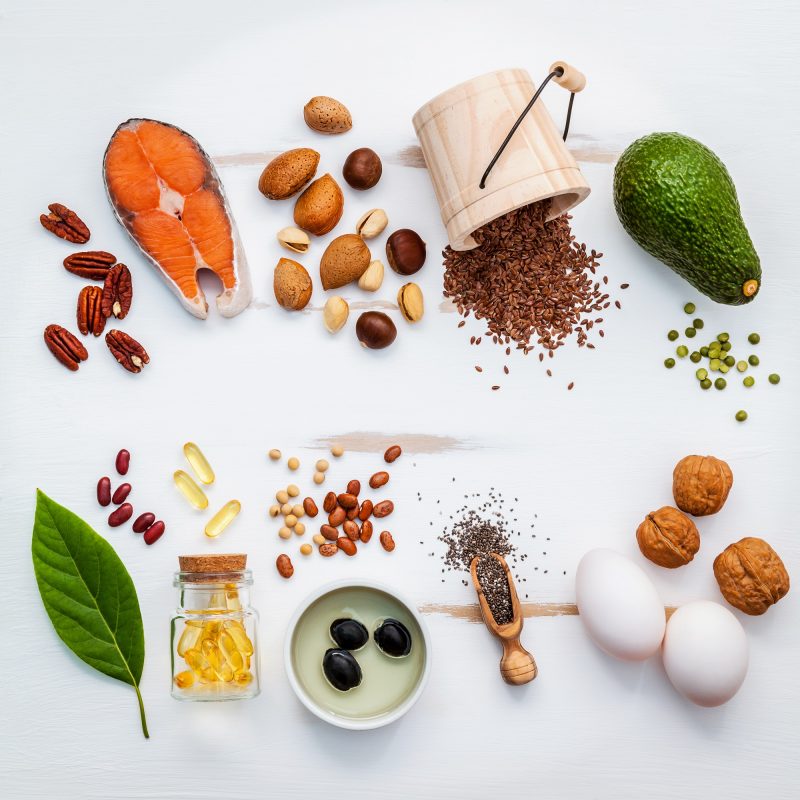It’s well established that food plays an important role in our health, from the way we think to the width of our waste line, what we put in our bodies impacts how our bodies perform more efficiently and for longer.
The chemical composition of our foods and how that impacts our health is something teams of researchers around the world are consistently looking at. Certain elements of various foods have been shown to have incredible benefits when it come to how we age and overall lifespan.
Here are five nutritional aspects of food that have been shown to fight aging.
Flavanoids
Present in figs, apples, citrus, berries, nuts, onions and cabbage to name a few foods, flavonoids are antioxidants naturally occurring in plant pigments. Benefits attributed to flavonoids include a reduced risk of cancer, heart disease, asthma, and stroke. It’s also believed that they play a special role in protecting the brain from the damaging work of free radicals and that they even have mood enhancing properties.
Healthy Fats
Found in food such as avocados, olive oil, small oily fish, nuts and eggs, healthy fats help with weight loss and decrease inflammation and risk of heart disease. Healthy fats are liquid at room temperature, whereas unhealthy sources of fat such as butter and lard are solid. There are two broad categories of beneficial fats: monounsaturated and polyunsaturated fats. There is some evidence to show that these fats can help reduce the risk of developing certain types of cancer and increase insulin sensitivity.

Anti-Inflammatory Spices
Ginger, turmeric, cinnamon, garlic, clove, cayenne and black pepper. All of these spices are known for their anti-inflammatory effects. While all of these foods are known for their potent flavors, rest assured that a little bit can go a long way when it comes to spices, both in making your dishes more lively and improving your health. Most of these are also available in supplement form at your nearest health food store if you are not a fan of the flavor.

Omega-3s
Commonly found in fish, nuts, seeds, eggs, wild rice and spinach among other foods, omega-3s are important for brain health as well as eye, bone and joint health and the reduction of inflammation and risk of developing certain types of cancers. The also help promote healthy sleep patterns and better-looking skin. For those who don’t eat a lot of omega-3 rich foods, supplements found in health food stores may also prove to be beneficial.
Lots of Fluids
Staying hydrated is important throughout life, but in your later years it is even more important as hydration plays an important role in everything from skin health to joint lubrication, body temperature regulation and circulation of blood to muscles. Thirst can diminish with age, something that can be compounded due to side effects from certain medications. Dehydration is a common source of older adult hospitalizations, so it’s best to prioritize hydration throughout the day. Water is the best source, with eight 8 oz cups being recommended to maintain hydration. Juices, tea, coffee, milk and even foods such as watermelon and cucumber can supplement your daily water supply, but it’s important to remember these are not replacements.
